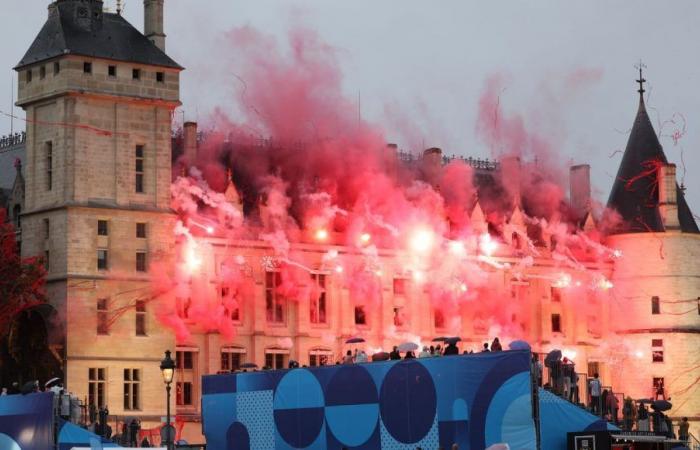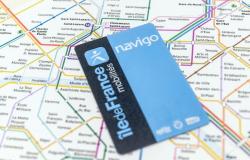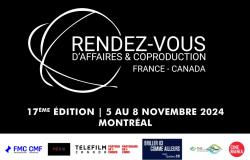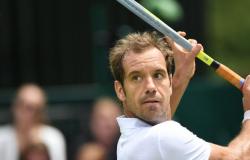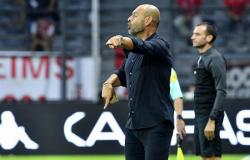On the occasion of the 27th Rendez-vous de l’histoire de Blois, Patrick Boucheron questions the city’s historical political dualism between libertarian and authoritarianism. What is the function of the historian in times of war? How to represent the history of the city? What are the political revolutions brought about by the municipal system?
The function of the historian facing the chaos of contemporary crises
Patrick Boucheronas a medievalist, questions the role of the historian when times are troubled: “When you are a historian, in addition to being a modern man or woman, you seek to know how you could be useful. And in times of war, or in times of world chaos, we seek to know how not to do harm.“If history is a tool of reconciliation that helps cement societies, Patrick Boucheron specifies its limits:History often serves, unfortunately, to rekindle hatred. That doesn’t mean taking shelter, but finding a good balance, a good distance. I’m more looking for discrepancies. If we live in a world where the life of a medievalist can seem useful, that’s not a good sign.“
With a bare voice Listen later
Lecture listen 29 min
The Middle Ages: a laboratory of political and social experiences of the city
The progressive movement of reappearance of urban centers which began in the late Middle Ages de facto triggered a thinking about the city and its political life. Patrick Boucheron described it thus: “The end of the Middle Ages, where the first theorizations of the city, not of the ideal city, not of utopia, but of the city which is ideal. Not because life happens there ideally, but because it conforms to an idea of planning which, yes, exists. For example, princes from the end of the Middle Ages, the Dukes of Milan, the Sforza, sought to appease their relationship with political society by building urban, civil palaces, but betrayed themselves in a certain way by giving a more martial force to these fortresses which seem, Machiavelli had noted, to besiege the city further.”
Courses at the Collège de France Listen later
Lecture listen 59 min
The city also becomes, according to Patrick Boucherona space of freedom for some: “The era of the city makes one free, that is what they say in Germany at the end of the Middle Ages, that is to say a dependent who escapes the domination of his lord and who simply escapes as soon as he returns to town. He is, after a certain time, detached from his legal dependence.“However, as always in historical practice, it is a question of nuance:”It is a political belief which is founded at that moment, which we can question. To question it is to criticize it, to relativize it, to contextualize it.“
The opening ceremony of the Olympic Games, the union around our common history?
Patrick Boucheronwho participated in the creation of the official ceremonies for the Paris 2024 Olympic Games, these offered the opportunity to show a France “ open, diverse and cheerful “, highlighting the patriotic Parisian and French history which opposes the aggressive nationalism which is growing in our time: “What we wanted to do was give a similar image of France, but better, or the best, the best of us.” Patrick Boucheron denounces criticism concerning the elements of French history reinterpreted during the opening ceremony, which, according to him, were in line with the historical context of each of them.
Soft Power Listen later
Lecture listen 1h 49min

